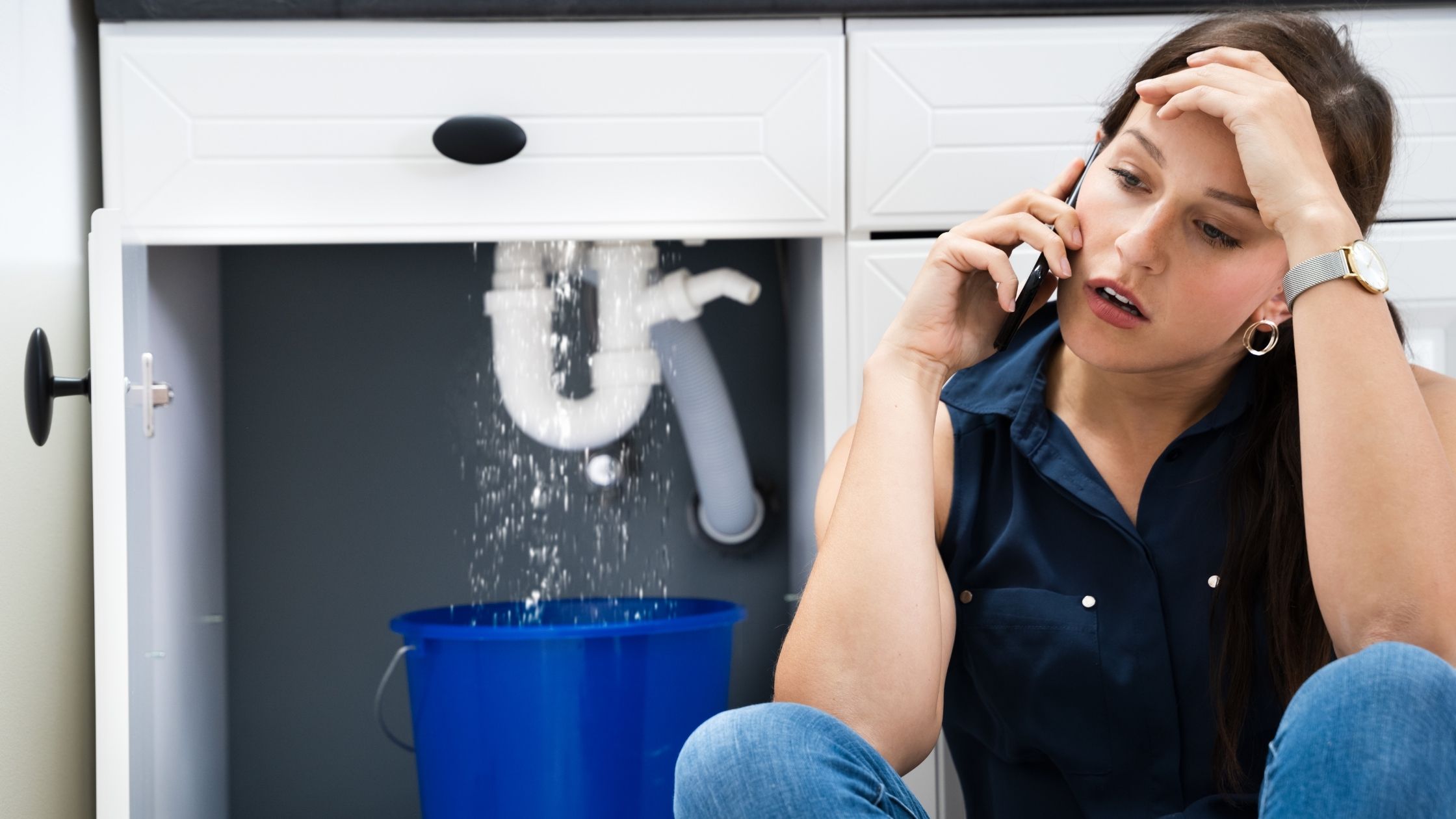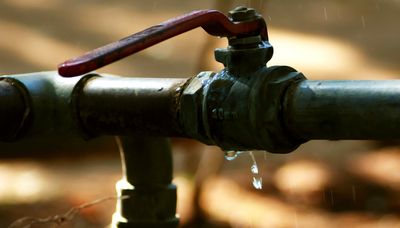The 5 Usual Sources of Water Leaks
The 5 Usual Sources of Water Leaks
Blog Article
The article following next in relation to Common Causes of Water Leaks in the Home is especially insightful. You should check this stuff out.

"Be careful of little costs. A small leak will certainly sink a terrific ship." - Benjamin Franklin.
He could not have been extra appropriate due to the fact that water leakages in our houses cause a waste of resources, raising our water costs. This rise may appear negligible at first, it can lead to considerable costs that can break your financial institution. Aside from a rise in costs, water leakages also cause undesirable natural development, structural damage, and also even electrical risks.
Finding out if you have a water leakage isn't constantly simple because of being unable to see the majority of the pipework in your house. If you have had a rise in your water expenses lately, discovered water stains on ceilings and also wall surfaces, scented lousy odor, and so on. You could intend to think about requesting plumbing services to get it took a look at.
There are a number of causes of water leaks, as well as we have assembled the usual factors below. Inspect to see if you have actually had relevant problems in your home recently.
Clogged drains pipes
Food particles, dust, as well as grease can create blocked drains pipes as well as block the flow of water in and out of your sink. If undealt with, enhanced pressure within the gutters can finish and also cause an overflow up breaking or breaking pipelines. To avoid blocked drains in your house, we recommend you to stay clear of pouring bits away and normal cleaning of sinks.
High water pressure
You discovered your home water stress is more than typical but after that, why should you care? It runs out your control.
It would be best if you cared since your typical water pressure must be 60 Psi (per square inch) as well as although your residence's plumbing system is created to endure 80 Psi. A boost in water stress can put a stress on your house pipes as well as lead to cracks, or worse, burst pipes. If you ever before see that your home water pressure is greater than typical, connect with an expert concerning controling it.
Corrosion
As your pipework grows older, it obtains weaker as well as a lot more at risk to corrosion after the constant passage of water with them, which can eat away at pipelines as well as create splits. A noticeable indicator of rust in your house plumbing system is discoloration and although this may be tough to discover because of the majority of pipelines hidden away. Once they are old to guarantee a sound plumbing system, we suggest doing a frequent check-up every few years as well as alter pipelines
Compromised pipe joints
Pipe joints are the parts of our plumbing system where the pipes link. It is necessary to note that even though pipelines are created to withstand pressure as well as last for a while, they weren't developed to last permanently; consequently, they would wear away over time. A typical indicator of damaged pipeline joints is too much noise from taps.
Damaged seals
One more source of water leakages in homes is damaged seals of home devices that utilize water, e.g., a dishwashing machine. When such home appliances are set up, seals are set up around water adapters for very easy flow of water with the maker. Thus, a broken seal can trigger leak of water when in use.
With little or no understanding of plumbing, understanding your house's plumbing system adequate to deal with some of these problems (without effect) can be an inconvenience. Connect with plumbing professionals in Pittsburgh, Providence, Rochester, and environ today, and they'll make those issues vanish.
He could not have actually been a lot more right because water leaks in our homes result in a waste of resources, increasing our water expenses. If you have had a boost in your water bills recently, observed water stains on ceilings and also wall surfaces, scented lousy odor, etc. A rise in water pressure can put a strain on your house pipes and lead to cracks, or even worse, burst pipelines. Another cause of water leaks in houses is damaged seals of home appliances that utilize water, e.g., a dishwasher. When such devices are mounted, seals are mounted around water adapters for simple flow of water through the equipment.
5 TIPS IN DETECTING A WATER LEAK IN YOUR HOUSE
Water leaks can be hard to find in your home, yet they can be so common. We rely on water every day in our home, which is why a leak can cause big problems. By detecting them early, you can save money and further damage, getting the problem fixed as soon as possible. Here are 5 tips to help you detect a water leak in your home, so you can contact a plumber straight away and get the issue sorted.
Check your water meter
Many people underestimate the value of the water meter in their home. It can be one of the best ways to tell if you have a leak early on, so you can get on top of it before issues start arising. Start by turning off all the water in your home: taps, washing machine, dishwasher, etc. Now take a look at the meter – if it’s still changing with everything turned off, it’s likely you have a fast-flowing leak that you need to get on top of straight away. If nothing changes, then leave your meter for an hour or two and come back to it. Did it change in this time? It’s likely you have a slower leak, which isn’t as urgent but still handy to get fixed so it doesn’t become a bigger problem.
Keep an eye on your bill
Another good way to detect a leak in your home is by keeping an eye on your water bill. It helps if you have a past bill from the same period of time. You can compare like for like and determine whether your water usage has increased significantly. If it has, there may be a leak in your system that you haven’t picked up before. A professional plumber can check through all of your pipes and determine where it is coming from.
Look for damage
If you have a leak inside your home, you will notice damage over time. Take a look at your showers and bathtubs and note whether any of the tiles surrounding the area seem to be discoloured or damaged in any way. There may be water stains, mould or peeling material that has resulted from a build up of moisture over time. Make sure you take a look under sinks at the back of cupboards that don’t get accessed regularly. This is where damage can go unnoticed and build up over periods of time.

As a fervent person who reads about Where to Find Water Leaks, I figured sharing that piece of writing was sensible. Sharing is caring. Helping people is fun. We appreciate reading our article about How to Find and Prevent Water Leaks in Your Home.
Source This Article Report this page